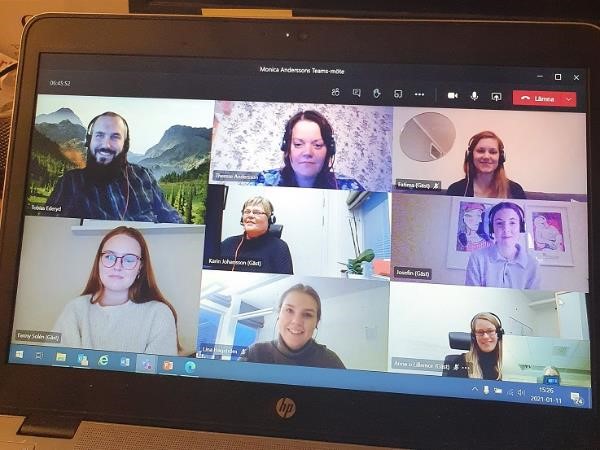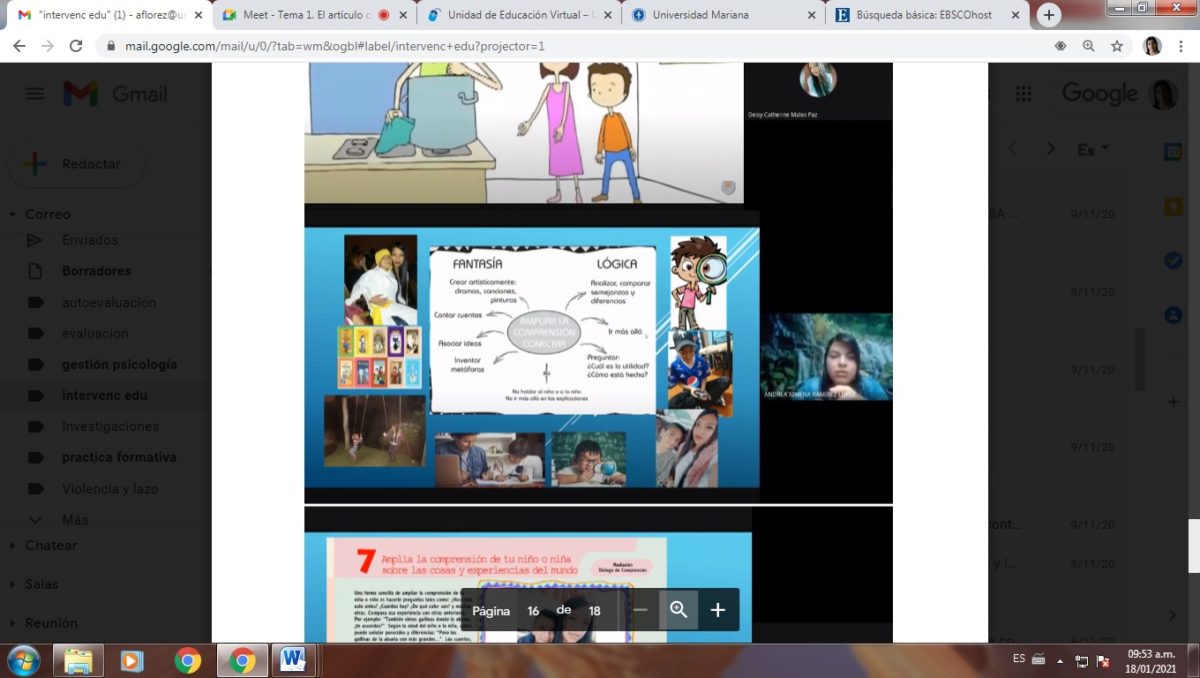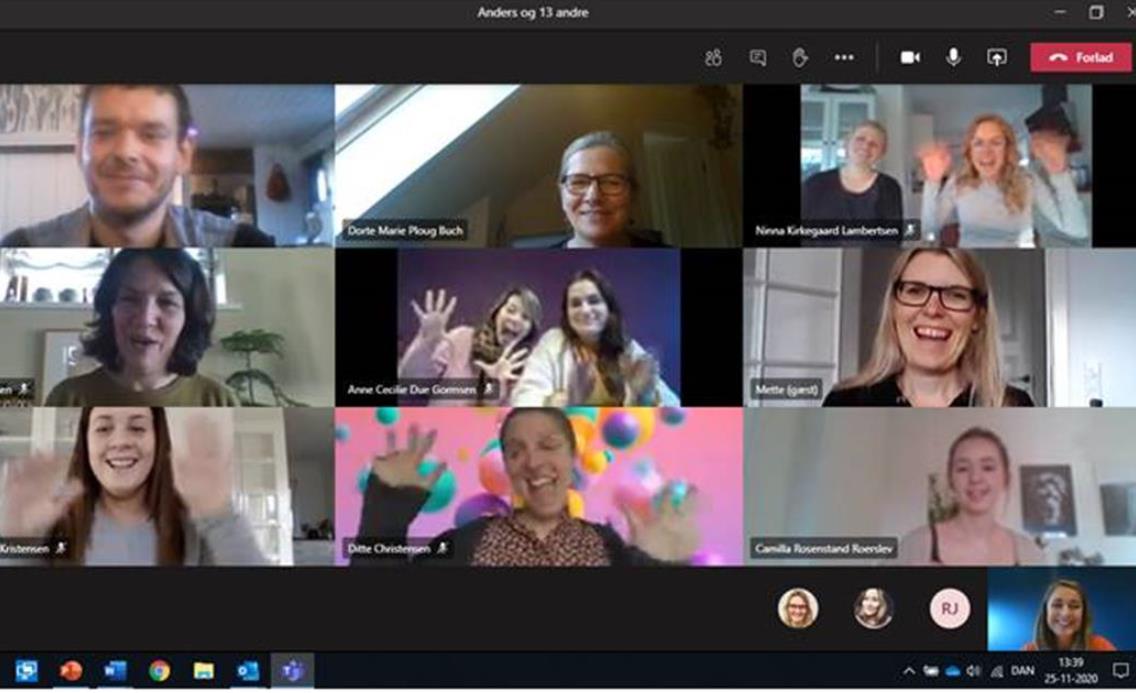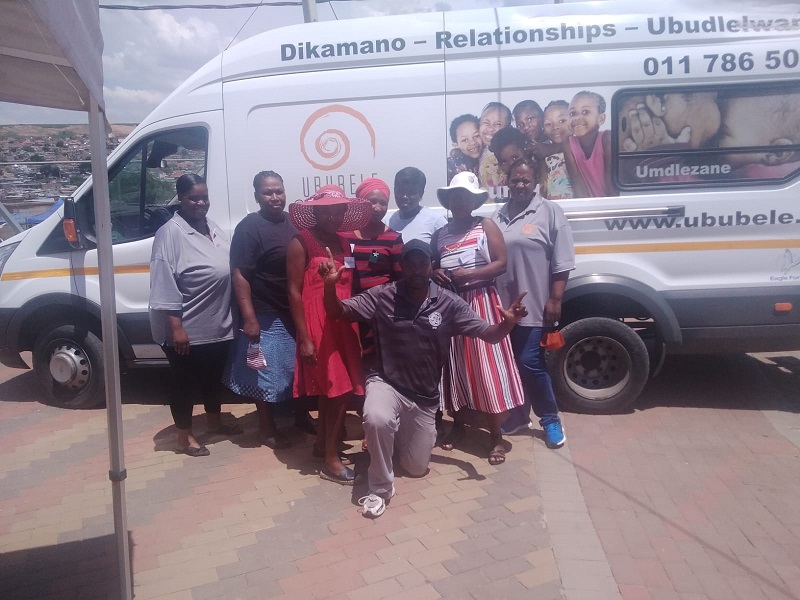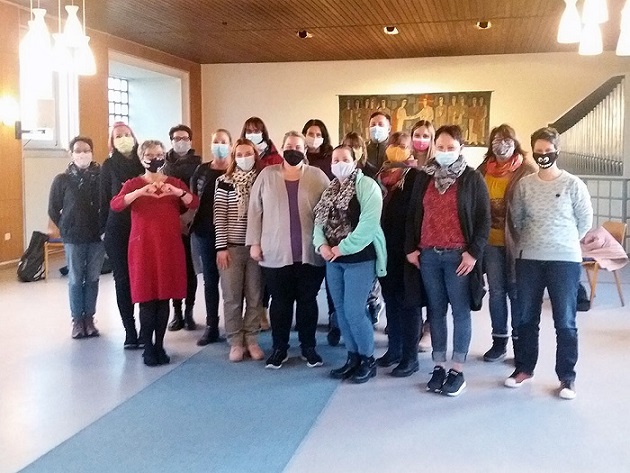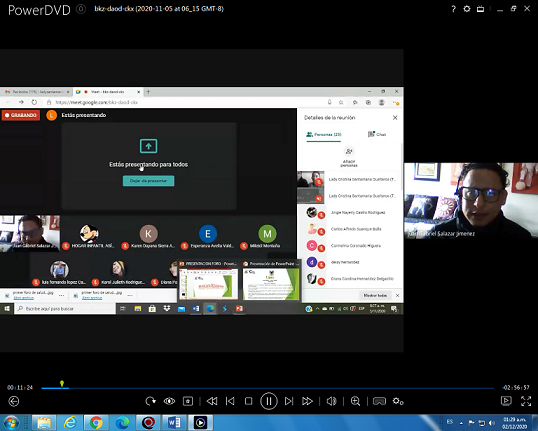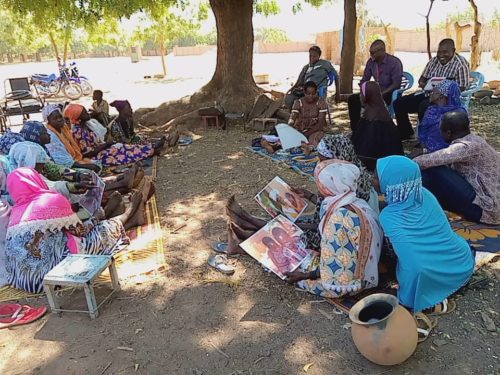ICDP Ghana was formed in 2012 by Joyce Larnyoh, when it adopted the ICDP empathy based approach integrating it into its programming, including capacity building initiatives. Over the years, ICDP Ghana has engaged with various caregivers such as parents, community leaders and teachers, by establishing cooperation with child centered institutions such as the Department of Social Welfare, Police, Ghana Education Service (GES), Commission of Human Rights and Administrative Justice (CHRAJ) and aiming to devise the best and sustainable means of protecting and safeguarding children and vulnerable adults. The stakeholder consultations and engagements have all been geared towards achieving the mission of ICDP Ghana which aims to “provide human care that enhances the total development of the child”.
The year 2020 saw ICDP Ghana implementing two projects in the Eastern Region of Ghana: the Strategic Approaches to Girls Education (STAGE) and the Girls Advocacy Alliance Project. These projects were implemented in the Akuapem North and New Juabeng South Municipalities, as well as the Okere District.
The Girls Advocacy Alliance Project was undertaken in cooperation with PLAN International Ghana, with funding from the United Kingdom Foreign, Commonwealth and Development Office (FCDO) and it ended in December 2020. The Strategic Approaches to Girls Education was carried out in partnership with World Education Incorporated, with support from UKAID – and it will continue in 2021.
The ICDP principles and guidelines were used to create awareness and promote sensitive caregiving skills in teenage mothers and women who were part of the two above mentioned projects.
The STAGE intervention focuses on highly marginalized out of school girls between 10-19 years. STAGE has the overall goal of reducing the barriers that marginalized or vulnerable girls face in achieving education. This is propelled through three thematic areas: Learning, Transition and Sustainability. Target beneficiary girls, including those with disabilities, are expected to acquire considerable level of skills in Numeracy, Literacy, Life and Vocational Skills in order to integrate back into the formal track school system and ensure retention till completion (Formal Track) or transit into Income Generating Activities/higher vocational skills training institutions (Non-Formal Track); all aimed at achieving improved livelihoods for the targeted girls. ICDP successfully graduated 335 girls from 13 beneficiary communities in 2020. The graduation ceremony was conducted in all 13 communities.
The Girls Advocacy Alliance (GAA) was a four year project (2016-2020) focused on combating violence against girls and young women and increasing their economic participation. Violence and economic exclusion are closely linked. Girls massively drop out of secondary and vocational education, especially due to child marriage, sexual violence, trafficking and commercial sexual exploitation. Their chances of obtaining a decent job are minimal; and without income and financial independence, they are more vulnerable to violence. The project tackles economic exclusion and violence against girls and young women through stakeholder and media engagement, mobilization and networking, sensitization and capacity building as well as lobbying and advocacy. Despite the COVID-19 pandemic ICDP Ghana was able to achieve the expected outcomes of GAA for 2020. The project achieved increased promotion of values and practices against Gender Based Violence (GBV) and Economic Exclusion (EE) by key leaders (paramount chiefs, chiefs, religious leaders, queen mothers) and Child Protection Committee members, in four regions (Upper West, Northern, and Ashanti and Eastern region). Tracer studies conducted by partners indicated that enrolment and over-all attendance at Vocational Schools have increased. Initial works were accomplished on the development of the various policies, however, there are little or no budgetary allocation for the implementation of the policies.




